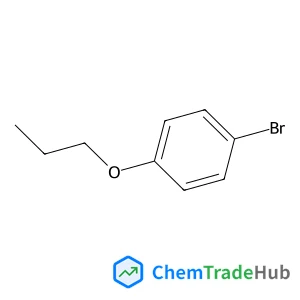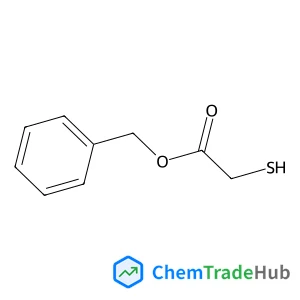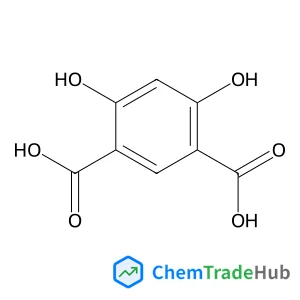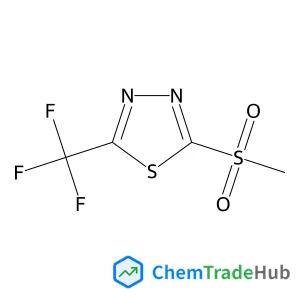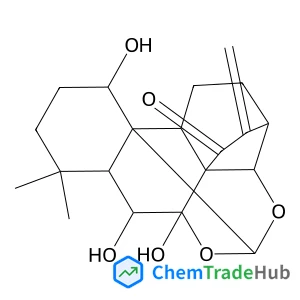Chemoproteomics-based target profiling of sinomenine reveals multiple protein regulators of inflammation
Literature Information
Lianguo Chen, Hong-jian Wang, Teng-fei Ji, Chong-Jing Zhang
Although sinomenine (SIN) has been used to treat several inflammation-related diseases in the clinic for decades, the detailed anti-inflammatory mechanism remains elusive. Here, we present a chemoproteomic study that supports a polypharmacological mode of action for SIN to inhibit inflammation. Notably, functional validation revealed multiple new protein regulators whose knockdown could significantly affect inflammation.
Related Literature
IF 6.367
Coexisting order and disorder within a common 40-residue amyloid-β fibril structure in Alzheimer's disease brain tissueIF 6.222
Increasing efficiency of perovskite solar cells using low concentrating photovoltaic systemsIF 6.367
Front coverIF 6.843
Facile room-temperature growth of nanostructured CuBi2O4 for selective electrochemical reforming and photoelectrochemical hydrogen evolution reactionsIF 6.367
Surface structure-dependent electrocatalytic reduction of CO2 to C1 products on SnO2 catalystsIF 6.367
Effective utilisation of waste cooking oil in a single-cylinder diesel engine using alumina nanoparticlesIF 6.367
An overview of latest advances in exploring bioactive peptide hydrogels for neural tissue engineeringIF 6.843
Life cycle assessment of plasma-assisted ethylene production from rich-in-methane gas streamsIF 6.367
Redox responsive Pluronic micelle mediated delivery of functional siRNA: a modular nano-assembly for targeted deliveryIF 6.843
Source Journal
Chemical Communications
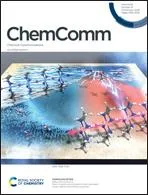
ChemComm publishes urgent research which is of outstanding significance and interest to experts in the field, while also appealing to the journal’s broad chemistry readership. Our communication format is ideally suited to short, urgent studies that are of such importance that they require accelerated publication. Our scope covers all topics in chemistry, and research at the interface of chemistry and other disciplines (such as materials science, nanoscience, physics, engineering and biology) where there is a significant novelty in the chemistry aspects. Major topic areas covered include: Analytical Chemistry Catalysis Chemical Biology and medicinal chemistry Computational Chemistry and Machine Learning Energy and sustainable chemistry Environmental Chemistry Green Chemistry Inorganic Chemistry Materials Chemistry Nanoscience Organic Chemistry Physical Chemistry Polymer Chemistry Supramolecular Chemistry
Recommended Compounds
Recommended Suppliers
 Materias Químicas, S.A.
Materias Químicas, S.A. AstroNova GmbH
AstroNova GmbH Lausitzer Analytik GmbH
Lausitzer Analytik GmbH Printec S.A.
Printec S.A. Zhanjiang Anpei Biotechnology Co., Ltd.
Zhanjiang Anpei Biotechnology Co., Ltd. VRmagic GmbH
VRmagic GmbH Guangdong Huilian_DA Chemical Co., Ltd.
Guangdong Huilian_DA Chemical Co., Ltd. Dr. W. Kolb AG
Dr. W. Kolb AG ApiniLabs AG
ApiniLabs AG Albert Handtmann Elteka GmbH & Co. KG
Albert Handtmann Elteka GmbH & Co. KG










